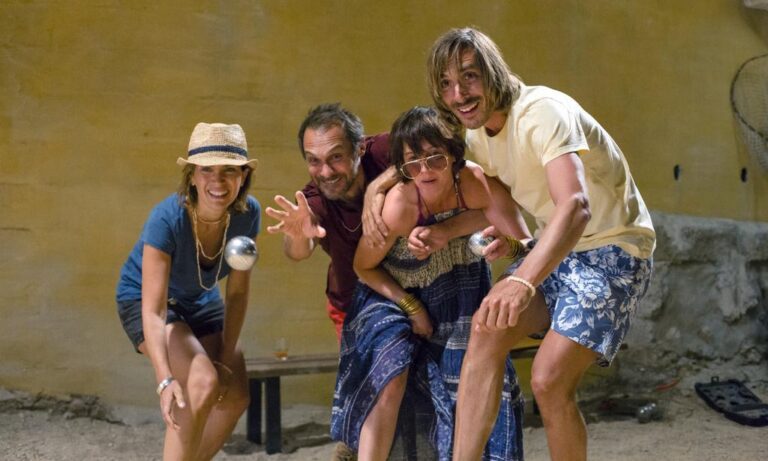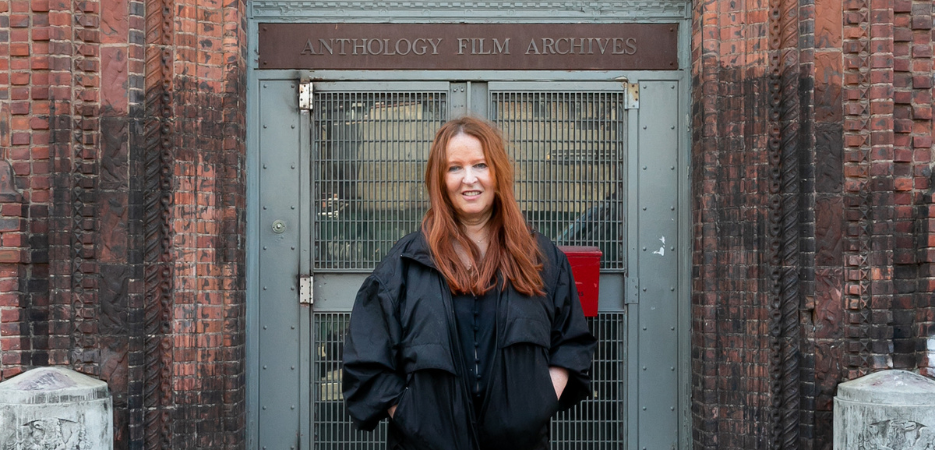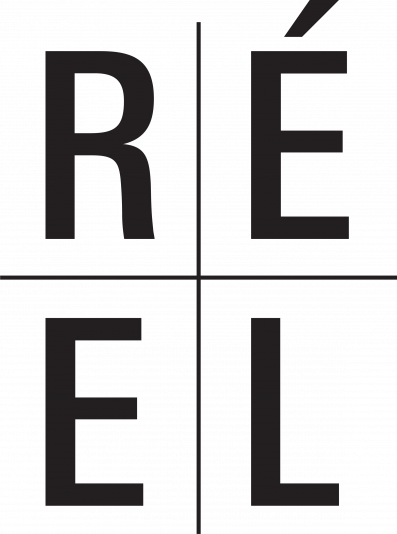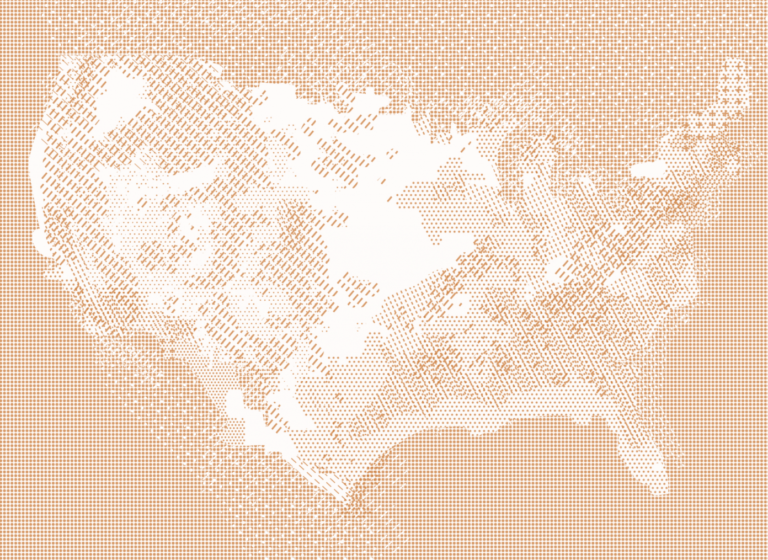
Yolande Zauberman
Director
March 23 - April 20, 2022

Beowulf Sheehan
- Cinema
- New York
“I film the way one shoots arrows; it’s become my path.”
I film the way one shoots arrows
it’s become my path.
I am what I see
other people’s paradise
my own
fragments of the happiness of a tribe
in danger of life and death
I film the way one dances
I want paradise now
wild with hope
I am what I saw around my bed
and my bed traveled a lot
among half-naked people
lost losing
trembling
about to fall
but paradise is not yet lost
French filmmaker Yolande Zauberman, a multidisciplinary artist who works in documentary and fiction, video and narrative arts, has forged her own path of expression, began her career with “Classified People” (1987), a documentary on apartheid in South Africa, which was awarded the Grand Prix at the Paris Festival and the Bronze Rosa at the Bergamo Film Festival (Italy), among other prizes. Shot in India, her second film, “Caste criminelle” (1989), was screened at the Cannes Film Festival. In 1992, she turned to fiction with the Cannes Film Festival Award of the Youth-winner “Ivan & Abraham”. In 2011, “Would You Have Sex with an Arab?” was screened at the Venice Film Festival. In 2020, her film “M” won many awards, including the César for Best Documentary Film.
Emma Goldman
I’m fascinated by Emma Goldman, the anarchist.
Her battles are part of our lives.
Fighting for women’s right to pleasure.
For the eight-hour day.
Anarchy as an ethics.
As Levinas says, ethics is obeying an order that no one has given us.
Emma Goldman was a political activist and anarchist writer who played a key role in the development of anarchist political discourse in North America and Europe in the first half of the 20th century. Filmmaker Yolande Zauberman came to New York to follow in the footsteps of this young Russian Jewish refugee, who became a powerful woman and a public figure of feminism and workers’ rights.
Emma Goldman arrived in New York with just a sewing machine and a Yiddish newspaper’s address. Yiddish was the only language she spoke at that time apart from Russian. Many aspects defined her at once: she was from the East, she was Jewish, she was a woman, she was in love, she believed in the individual, and she was driven by great optimism about people and by great pessimism about power.
She loved America deeply, but had to flee the country because of her convictions. In the end, Peggy Guggenheim offered to put her up in Saint-Tropez, as she did for James Baldwin years later. There, she wrote her autobiography Living My Life, which was published in 1931 and won acclaim when it came out, despite disappointing sales. She was allowed to go to America for ten days to talk about her book. She then left the US and died a few years later in Canada in 1940.
You can read Yolande Zauberman’s full interview here
In partnership with

Unifrance
Founded in 1949 and strengthened thanks to its merger with TV France International in 2021, Unifrance is the organisation responsible for promoting French cinema and TV content worldwide.
Located in Paris, Unifrance employs around 50 staff members, as well as representatives based in the U.S., in China, and soon in Japan. The organisation currently brings together more than 1,000 French cinema and TV content professionals (producers, filmmaking talents, agents, sales companies, etc.) working together to promote French films and TV programmes among foreign audiences, industry executives and media.

Bibliothèque publique d’information (Bpi)
Located in the Centre Pompidou, the Bibliothèque publique d’information has been open to all since 1977 — six days a week and free of charge. Measuring at over 10,000 square meters in size, the library welcomes nearly 1.5 million visitors each year. It provides access to multidisciplinary collections, and holds many discussion panels and cultural events including in the field of documentary films.

Festival Cinéma du Réel
Since its creation in 1979, Cinéma du réel has become the definitive documentary film festival in France. Cinéma du réel is a testament to the importance of creating a dialogue between contemporary documentary films and those of the past. In celebration of both diversity in writing and of ideas, the festival brings together a large and highly inquisitive audience.



